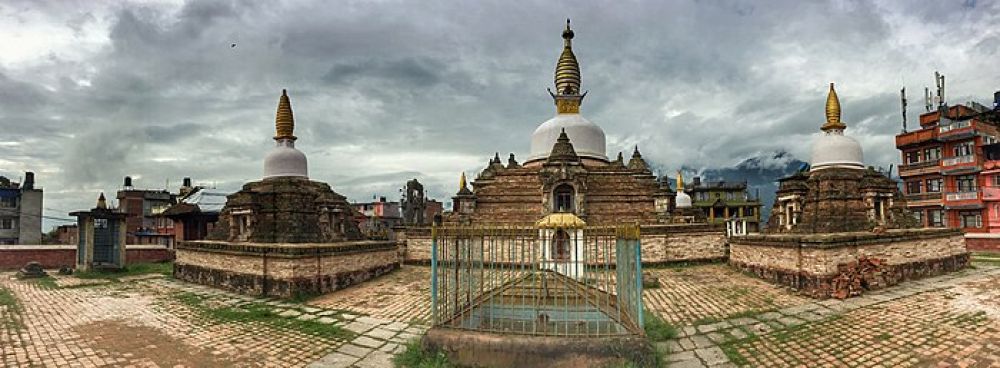

Kirtipur is one of the oldest settlements located in the Kathmandu Valley of Nepal. Boasting a rich tapestry of culture, history, and tradition, Kirtipur offers a fascinating glimpse into the past for travelers and historians alike. The city is situated on a ridge with the majestic Himalayas as a backdrop, making it a picturesque destination for visitors from around the globe.
The history of Kirtipur is intimately connected with the broader history of Nepal and the Kathmandu Valley. Founded in the 12th century, Kirtipur served as an important cultural and political center. Throughout its history, Kirtipur has withstood numerous battles and sieges, most notably by the armies of Prithvi Narayan Shah during the unification of Nepal in the 18th century.
Kirtipur's rise in tourism can be traced back to its rich history and well-preserved culture. As travellers began seeking authentic experiences beyond the popular trekking routes, Kirtipur emerged as a significant cultural destination.
Tourism in Kirtipur began to flourish in the latter half of the 20th century as Nepal opened its doors to international visitors. The city's ancient temples, traditional Newar architecture, and the living traditions presented an alluring package for the culturally-inclined tourist.
Kirtipur was officially integrated into the country's tourism map with the fostering of heritage conservation and cultural tourism by both the government and local communities. Efforts to preserve and promote historical sites like the Kirtipur Fortified City and the Chilancho Stupa have significantly contributed to increasing visitor interest.
Recently, there has been a shift towards sustainable and community-based tourism in Kirtipur. Visitors are now looking for immersive experiences that include homestays, participation in local festivals, and learning about traditional crafts and cuisines. Eco-friendly initiatives and cultural preservation have become equally important to tourists and hosts.
Despite the growing interest, Kirtipur faces challenges like managing the balance between development and preservation, coping with the occasional political instability in the country, and the need for better infrastructure to cater to international travelers. Moving forward, a focus on responsible tourism is essential to ensure that the history and culture of Kirtipur remain unspoiled while welcoming the world to experience its unique heritage.
Kirtipur's tourism is an important part of Nepal's cultural heritage. Ensuring that the city's historical and cultural treasures are celebrated and maintained responsibly will not only enrich the experience of travelers but also secure the livelihoods of the local communities and safeguard the area's traditions for future generations.